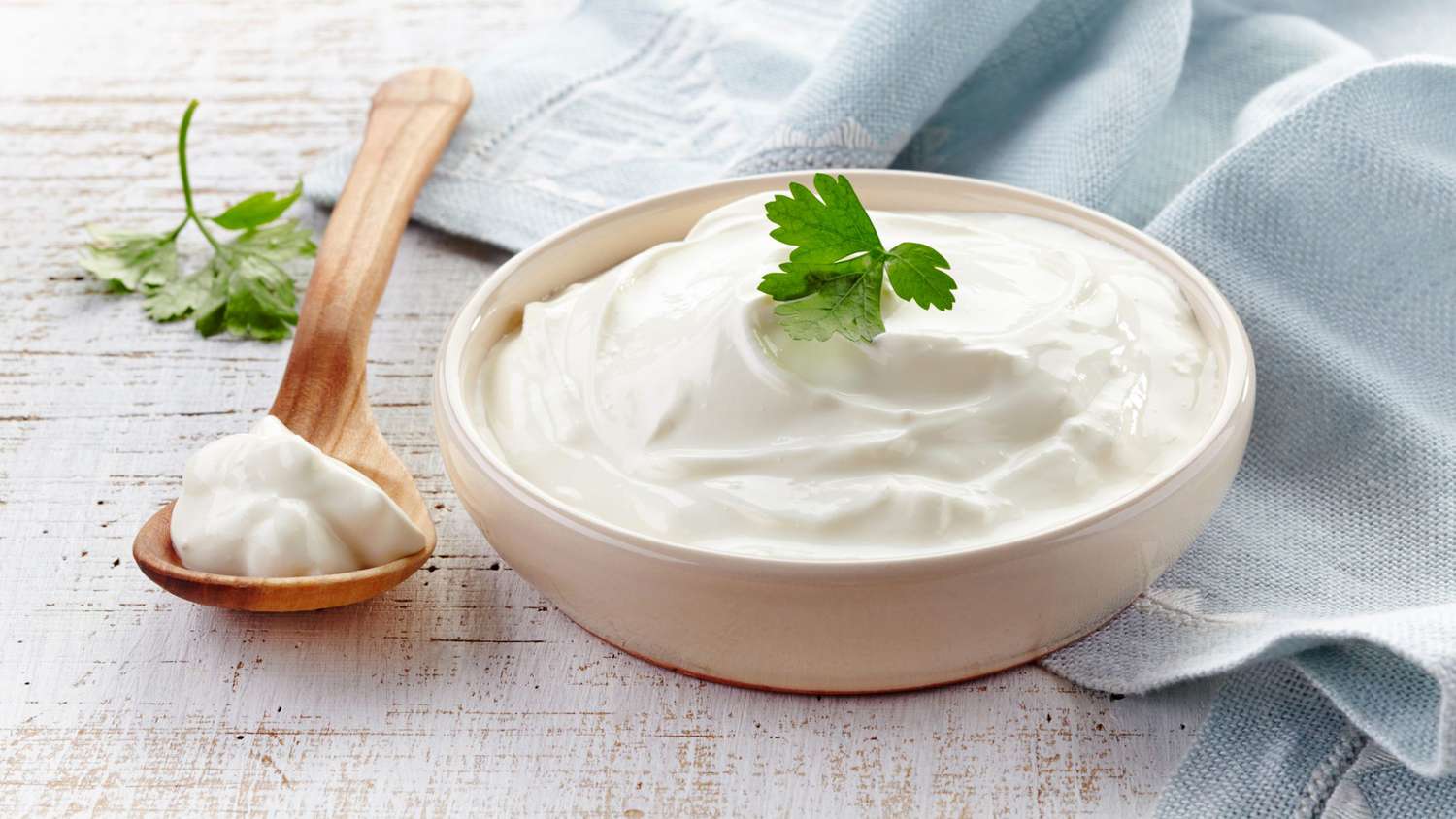Is Sour Cream Bad for Fatty Liver? A Deep Dive into Dairy and Liver Health
Yes, sour cream can be bad for fatty liver disease because it is high in saturated fats, which can contribute to the accumulation of fat in the liver. Consuming foods rich in saturated fats like sour cream may worsen non-alcoholic fatty liver disease (NAFLD) by promoting liver inflammation and fat buildup. To support liver health, it’s advisable to limit intake of high-fat dairy products and opt for low-fat or fat-free alternatives. A diet focusing on whole grains, lean proteins, fruits, and vegetables can help manage fatty liver symptoms. Always consult a healthcare professional for personalised advice on dietary choices related to fatty liver disease.
10 Scientific Reasons Why Sour Cream Is Detrimental to Fatty Liver Disease
- High Saturated Fat Content: Sour cream is rich in saturated fats, which can exacerbate fatty liver disease by increasing fat accumulation in liver cells. Diets high in saturated fats are linked to the progression of non-alcoholic fatty liver disease (NAFLD).
- Promotes Hepatic Fat Accumulation: Saturated fats from sour cream can stimulate de novo lipogenesis—the liver’s process of converting excess carbohydrates into fat—leading to increased liver fat storage.
- Induces Insulin Resistance: Excessive intake of saturated fats is associated with insulin resistance. Insulin resistance impairs the liver’s ability to regulate lipid metabolism, contributing to the development and worsening of fatty liver disease.
- Triggers Inflammatory Pathways: Saturated fats can activate inflammatory signaling in the liver. This inflammation can progress simple steatosis (fat accumulation) to non-alcoholic steatohepatitis (NASH), a more severe form of fatty liver disease characterized by inflammation and liver cell damage.
- Increases Oxidative Stress: High levels of saturated fats increase oxidative stress within liver cells. Oxidative stress leads to cellular damage, inflammation, and can promote fibrosis (scarring) of liver tissue.
- Elevates Serum Triglycerides: Consumption of saturated fats like those in sour cream can raise blood triglyceride levels. Elevated triglycerides are a risk factor for NAFLD and can worsen liver health.
- High Caloric Density Leads to Weight Gain: Sour cream is calorie-dense. Excess calorie intake contributes to obesity, a significant risk factor for fatty liver disease. Weight gain can exacerbate liver fat accumulation and impair liver function.
- Raises LDL Cholesterol Levels: Saturated fats increase low-density lipoprotein (LDL) cholesterol, often referred to as “bad” cholesterol. High LDL levels are associated with cardiovascular disease, which can compound health issues in individuals with fatty liver disease.
- Displaces Healthier Nutrient Intake: Consuming sour cream may reduce the intake of healthier foods rich in unsaturated fats, fiber, and essential nutrients that support liver health. Replacing sour cream with nutrient-dense foods can provide beneficial antioxidants and anti-inflammatory properties.
- Hinders Weight Management Efforts: Managing body weight is crucial for improving fatty liver disease. High-fat foods like sour cream can make it more challenging to achieve weight loss goals necessary for reducing liver fat and improving insulin sensitivity.

